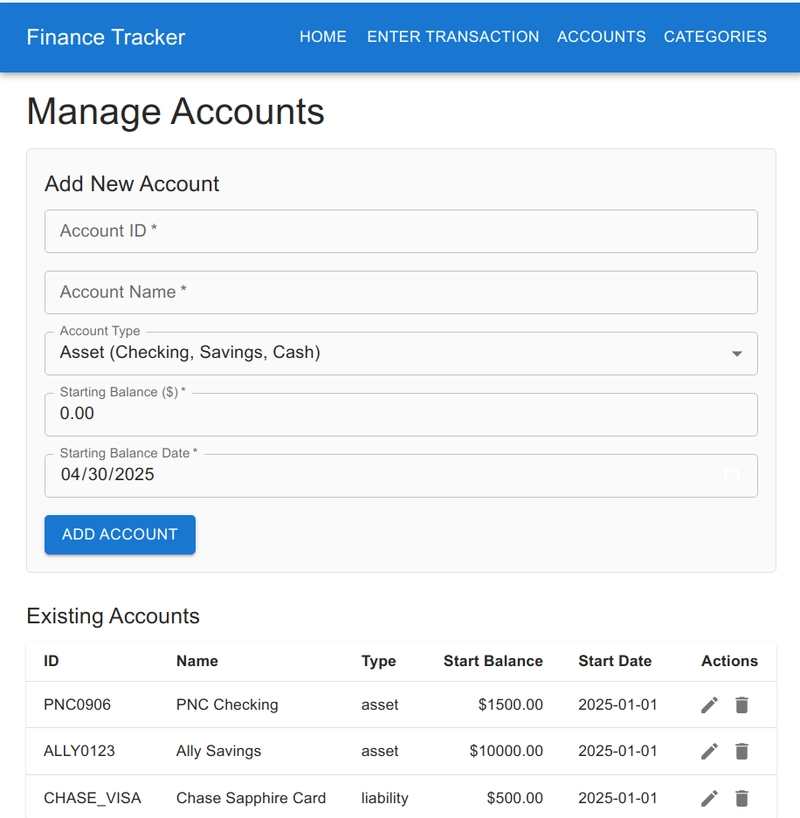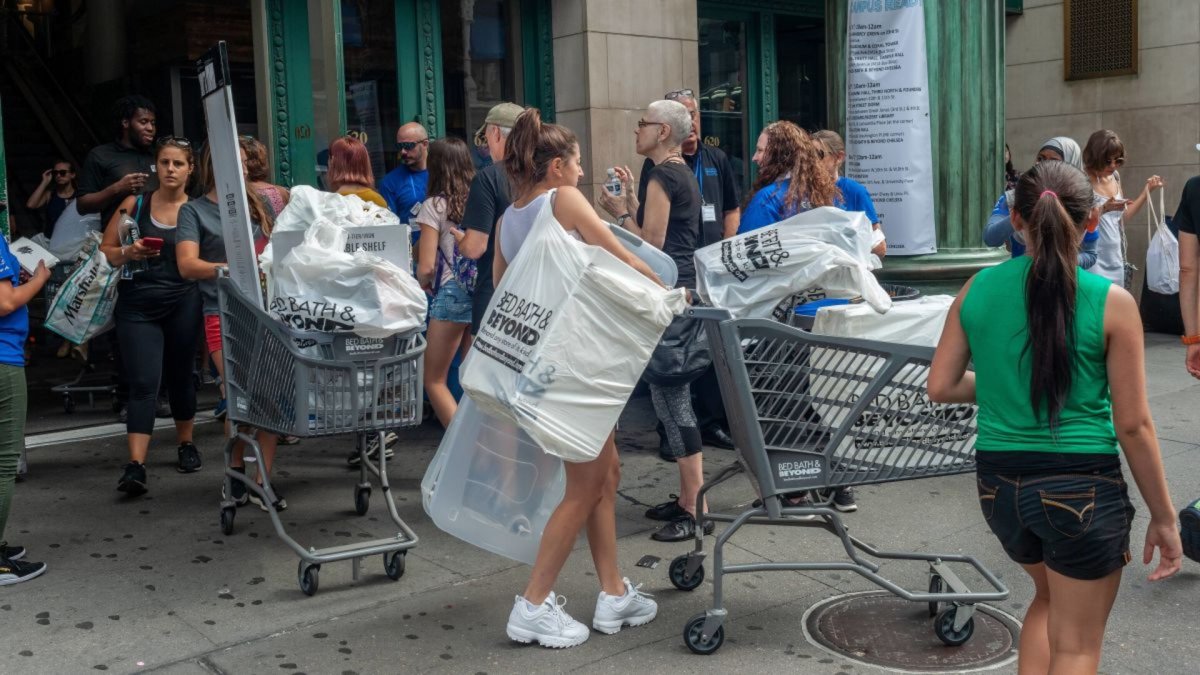Inflation Eases, Spending On Autos Pops In March

Inflation cooled and consumer spending — especially on automobiles — surged in March as households made purchases ahead of a raft of new tariffs from the Trump administration.
The personal consumption expenditures (PCE) price index held steady from February to March while dropping to an annual increase of 2.3 percent from 2.7 percent in February, the Commerce Department reported Wednesday.
Excluding the more volatile categories of food and energy, “core” PCE prices fell to a 2.6 percent annual increase in March from 3.0 percent in February. Core PCE is an important measurement for the Federal Reserve as it determines whether to raise or lower interest rates, and the March drop will likely come as welcome news.
Meanwhile, consumer expenditures popped, rising 0.7 percent, or $135 billion, from 0.5 percent in February and a 0.3-percent contraction in January. Personal incomes rose by $116.8 billion, or 0.5 percent.
The spending increase on automobiles, which have been targeted by tariffs from the White House, was substantial, increasing by almost 57 percent on the month.
The White House on Tuesday scaled back its tariffs on automobiles and auto parts that are scheduled to go into effect May 3, announcing a rebate program for carmakers that would phase out over the next two year as companies are expected to increase domestic production.
The auto industry has been lobbying against tariffs.
“Additional tariffs will increase costs on American consumers, lower the total number of vehicles sold inside the U.S. and reduce U.S. auto exports — all before any new manufacturing or jobs are created in this country,” John Bozzella, president of the Alliance for Automotive Innovation, said in a recent statement.
Consumers, businesses and economists have been expecting Trump’s tariffs to increase prices.
A Gallup poll published Monday found that 89 percent of U.S. adults think the tariffs will increase prices, while 70 percent believe the tariffs will cost more than what they draw in federal revenue.
Eighty-two percent of Republicans and 92 percent of Democrats are predicting higher prices as a result of the tariffs, the poll found.


